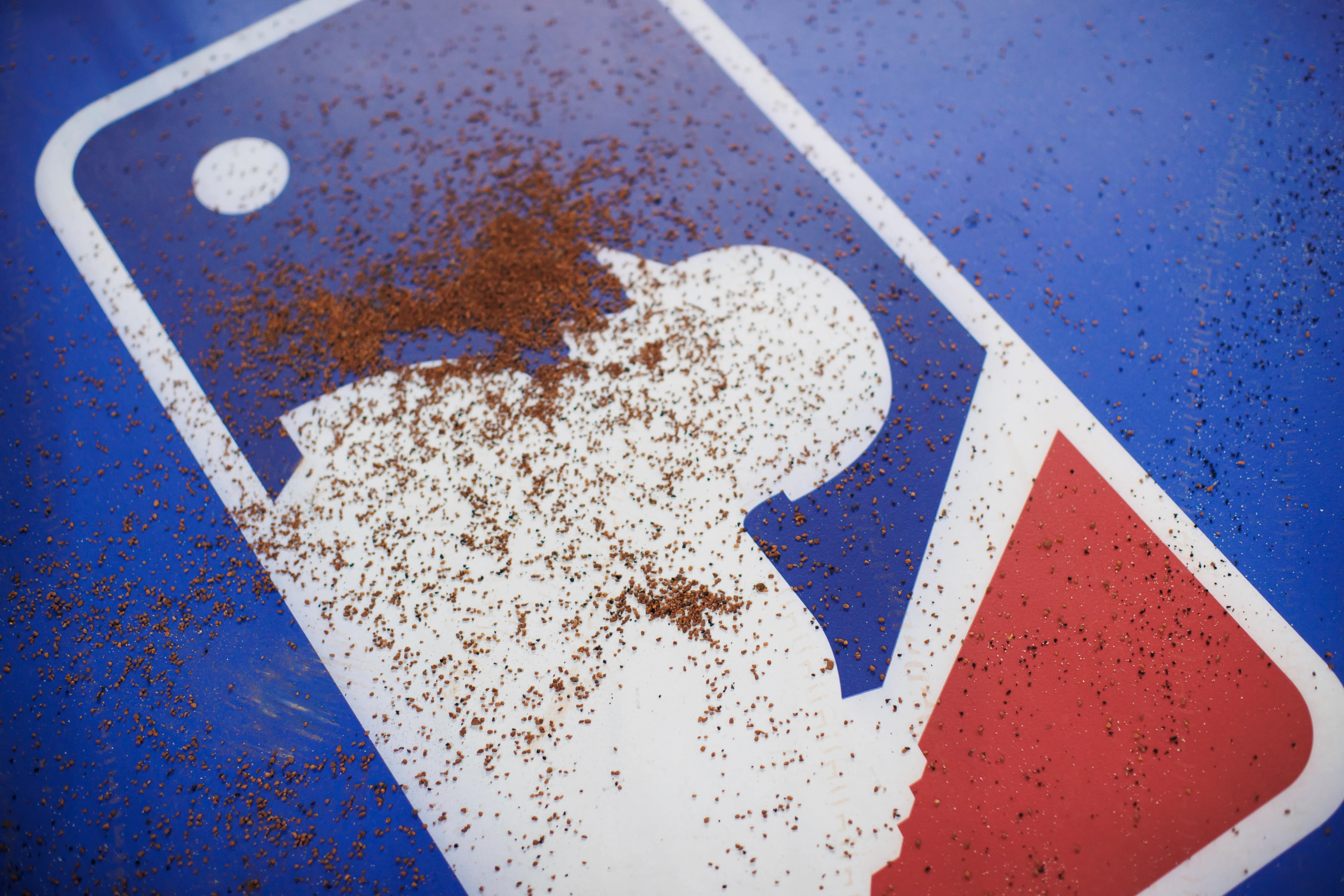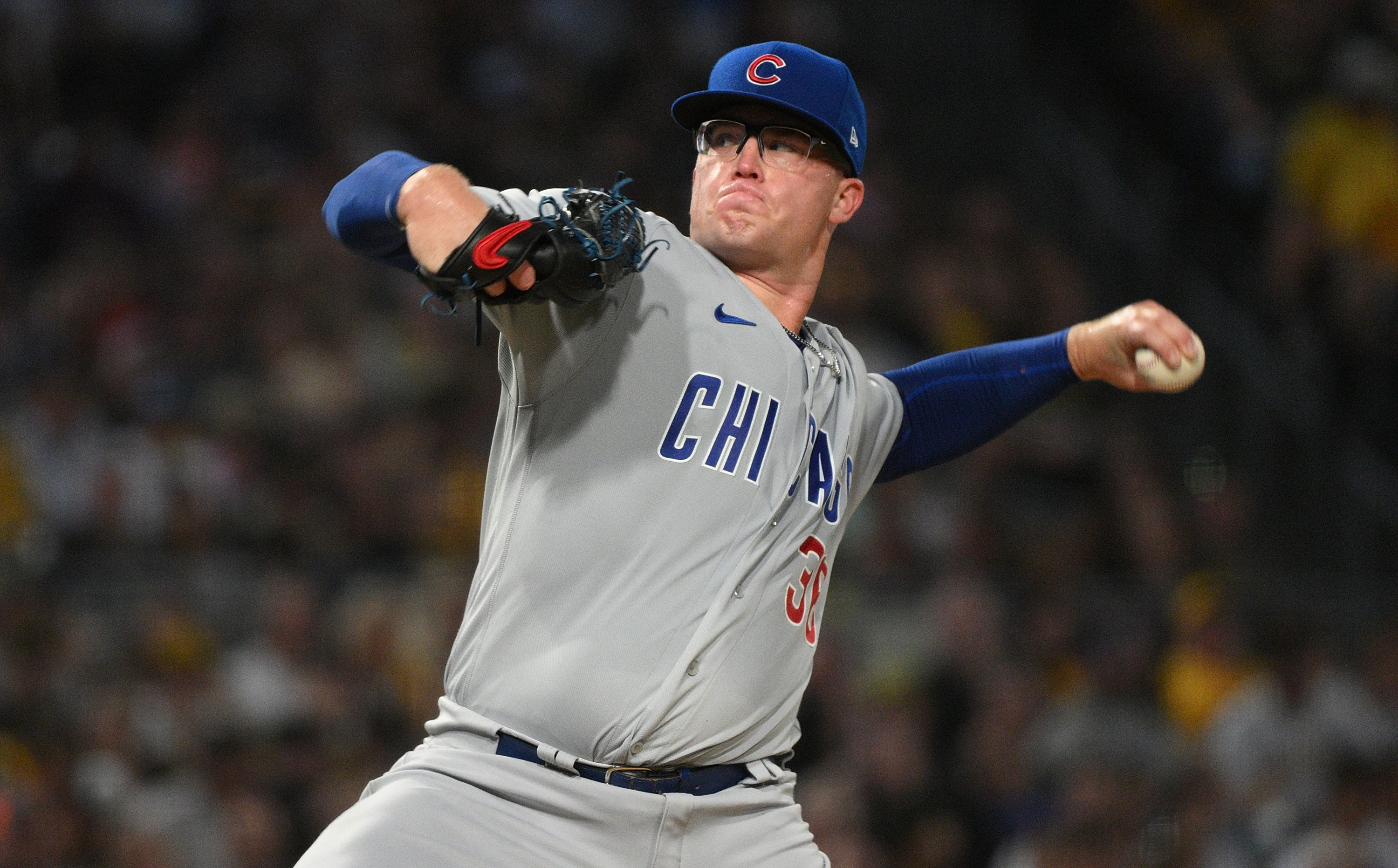
The Cubs understand Wade Davis cannot only be measured in saves (76 across the last three seasons) or career postseason ERA (1.40) or All-Star appearances (three years running). There is real value to the way Davis interacts with teammates, the peace of mind that comes with the ninth inning and the outsized influence those elite closers have in the playoffs.
That makes Davis such an interesting case study for a front office that generally avoids long-term commitments to closers, viewing the job as too narrow and too volatile and believing that the next great reliever can develop organically.
Maybe the Cubs will ultimately decide that they need to pour their resources into filling roughly 400 rotation innings while planning for next winter’s blue-chip class of free agents and the escalating costs for their young hitters.
Davis is 32 years old and coming off a season where he put up a career-high walk rate, got hit noticeably harder in the second half and threw 92 pitches in his last two playoff appearances.
Davis also has a 32-for-33 in save chances on his 2017 stat sheet, a World Series ring from the 2015 Kansas City Royals, a more sophisticated ninth-inning style than, say, Aroldis Chapman’s 100-mph fastball and a reputation for being a baseball gym rat and a pitcher whisperer.
“He is always trying to learn, always trying to figure things out,” said Brian Duensing, another free-agent reliever who would be a good fit as the Cubs rebuild their bullpen. “The guy’s so well-prepared. He’s got great stuff, obviously. But he’s also a guy that knows what he has. He knows the type of pitcher he is, and he’s constantly in the film room looking at video.
“He has an approach every time he faces a team. He knows what he wants to do to certain guys. He’ll even talk about it to us in the bullpen.
MLB
“He won’t talk about every hitter, but there will be two or three guys. He’s just like: ‘This guy is a prime candidate for’ – whatever, a front-hip cutter – and sure enough he faces the guy and he called the whole at-bat four innings beforehand.”
Duensing remembered being with the Royals on a minor-league deal for spring training in 2016 and how Davis subtly pointed him in a new direction.
“Literally, we were sitting next to each other and he was talking about some mechanical things (Zack) Greinke would do,” Duensing said. “(Wade) said (Greinke) would try this and this and that. I’m like: ‘Oh, that makes sense.’ So I went out and tried doing it from the left side. I’m like: ‘Oh, well, that feels way more comfortable than I had been feeling for two years now.’”
Duensing wound up earning a role with the Baltimore Orioles bullpen in 2016, parlaying that into a one-year, $2 million deal with the defending World Series champs, posting a 2.74 ERA in 68 appearances for the Cubs and becoming part of Joe Maddon’s playoff circle of trust.
“(Wade) turned my career around a little bit,” Duensing said. “I had been struggling for a while, but he helped me kind of find my release point again, and it felt comfortable to be on the mound, just by having a nonchalant conversation with him.”
Are those quiet leadership skills worth the four-year, $62 million contract the San Francisco Giants gave Mark Melancon last offseason? Probably not, but presence and intangibles do matter as the Cubs try to reboot Carl Edwards Jr., fix Justin Wilson and overhaul their bullpen while continuing to be a 90-win team that’s expected to compete for a World Series title.
“He’s just cool, calm, collected – ‘Triple Cs,’ I call him,” Edwards said. “Watching him, it’s like reading one book – ‘Three Little Pigs’ – over and over again. Sooner or later, you’re going to know exactly how to do it, and you’re going to know exactly what the story is. Just watching Wade, it actually gave me some motivation and it gave me a lot more confidence.”
The Cubs have traded for two of the game’s best closers within the last 16 months, using Chapman and Davis as short-term solutions and setting up one of their most critical decisions this winter: Can they afford to not think big again?
“Wade has been such a big factor for us,” general manager Jed Hoyer said, “not only in terms of how he pitches in the ninth inning, but there’s also a calmness and a consistency to him that I think is contagious to the guys in the bullpen.
“We’ve been really fortunate to have him this year. There’s no doubt there’s a disproportionate value in a bullpen in October. We’ve seen that for the last few years, and that’s not going to go away.”


